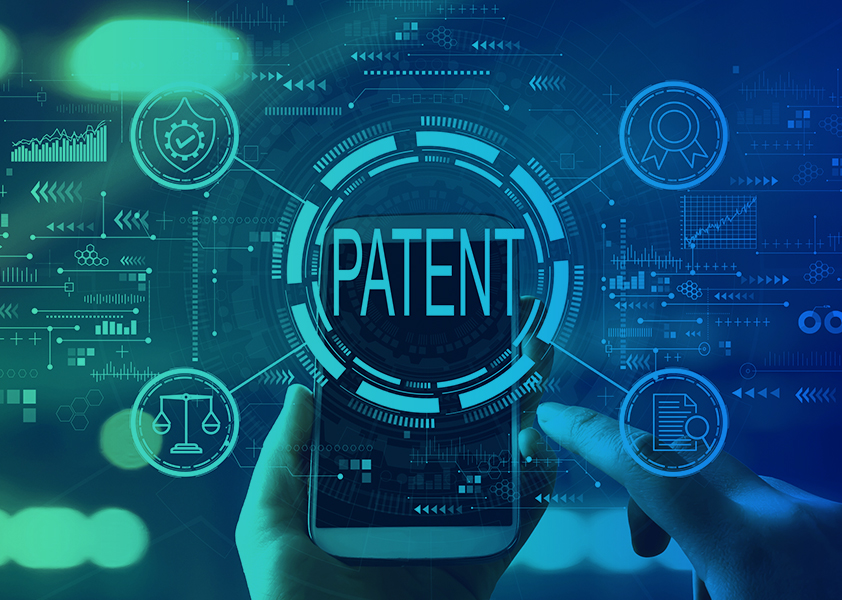
According to Article 48(2) of the Agreement on a Unified Patent Court (UPC Agreement), European Patent Attorneys (EPAs) who are entitled to act as a professional representative before the European Patent Office (EPO) pursuant to Article 134 of the European Patent Convention (EPC) may represent parties before the Unified Patent Court (UPC), provided they have appropriate qualifications such as a European Patent Litigation Certificate (EPLC).
The wording of this article suggests that EPAs can prove having suitable qualifications by different means, the EPLC being one of them.
Article 48(3) of the UPC Agreement states that the Administrative Committee shall establish the requirements for such qualifications. Therefore, a draft decision defining the rules on the EPLC and other appropriate qualifications (Draft EPLC decision) must be set, in order to be formally adopted by the Administrative Committee after the entry into force of the UPC Agreement.
Part I of the Draft EPLC decision deals with the details of the Course, such as content, duration, examination, course languages and e-learning facilities. It also deals with the educational bodies offering courses leading to the EPLC, as well as the accreditation procedure.
Rule 2 of the Draft EPLC decision specifies that the EPLC may be issued by universities or other non-profit educational bodies of higher or professional education (e.g. the Academy of European Law – ERA) established in a Member State of the European Union, as well as by the Training Centre for judges in Budapest, after successful completion of the Course. Rule 3 relates to the content of the Course. The Course is designed for EPAs whose skills in patent law have already been tested by the European Qualifying Examination. Hence, the aim of the proposal is to find the right balance between a basic knowledge of law (subparagraphs (a) to (d)) – covering European Union law, private law with a focus on contract law, company law and tort law, as well as private international law – and advanced knowledge of the aspects of law and litigation that shall be part of the daily business of a litigator before the UPC (subparagraphs (e) to (h)). This includes in particular specific knowledge of the Regulations on unitary patent protection, the UPC Agreement, the Statute of the UPC, the Rules of Procedure of the UPC, as well as litigation and advocacy skills and practical guidance on case management before the UPC. Subparagraph (f) also includes procedural aspects in relation to infringement proceedings and revocation of patents in Contracting Member States.
Rule 4 stipulates that the Course includes a minimum of 120 hours of lectures and practical training, i.e. hours of self-study are not included. This shall warrant that EPAs representing parties before the UPC have sufficient knowledge of civil litigation and infringement proceedings to deal efficiently with proceedings before the UPC while not making the threshold for the EPLC too high and thus inadequate. In order to successfully complete the Course, the candidate must pass a written and oral examination, which is not part of the 120 course hours.
According to Article 48(2) of the UPC Agreement, EPAs may prove their qualifications to represent parties before the UPC by other means than the EPLC. This is essential, as the EPLC won’t be available before the entry into force of the UPC Agreement. Therefore, the recognition of other appropriate qualifications is necessary in order to allow the UPC to start with an appropriate number of qualified EPA representatives. Also, certain robust legal qualifications render acquisition of the EPLC unnecessary.
According to Article 48(2) of the UPC Agreement, EPAs entitled to represent parties before the UPC are not required to be authorised to practice before a Court of a Contracting Member State. This corresponds with Article 48(1), which shows that rights to conduct litigation are relevant for lawyers. Moreover, Article 48(4) rules the rights of national patent attorneys, giving them the right to speak at hearings. Consequently, the Rules based on Article 48(2) of the UPC Agreement can neither require that EPAs have the same qualification as lawyers to conduct litigation before the national courts, nor consider the qualification as a national patent attorney as sufficient per se in order to represent parties before the UPC.
As a result, Rule 11 provides that EPAs who have a bachelor or master’s degree in law according to the relevant educational standards of a Member state of the European Union or who have passed an equivalent state exam in law in an EU Member state will qualify to apply for registration on the list of entitled representatives. Such diplomas generally do not give a right to act as a representative before the national courts, but they provide EPAs with the necessary knowledge of private and procedural law, required to conduct patent litigation. The wording “equivalent state exam in law” refers to exams which are at least comparable to bachelor or master’s degrees in law.
Rule 12 introduces a transitional measure which takes into account that specific courses are already available to prepare EPAs to patent litigation and that in some Member States patent attorneys are already authorized to represent parties before the national court of a Contracting Member State in patent infringement cases.
Point (a) of the Rule 12 includes a list of courses and certificates for which the successful completion or grant is recognized as an appropriate qualification during a period of one year from the entry into force of the UPC agreement. Where appropriate, other courses preparing EPAs to patent litigation in a satisfactory way may be added to this list by the Administrative Committee in its decision. The list has been established taking account of the information provided by the stakeholders and the comments received from the Contracting Member States. In view of the Course’s requirements, this list takes several criteria into consideration: the nature and location of the educational body delivering the courses, the duration of education, the curriculum, the teaching staff and the examination procedure.
Alternatively, point (b) of the Rule 12 states that practical experience acquired by having represented a party or having acted as a judge in at least three patent infringement actions initiated before a national court of a Contracting Member State within the five preceding years is also recognized as appropriate qualification. This sub-paragraph focuses on recent experience acquired as a representative or judge in patent infringement actions, in order to ensure that EPAs qualifying under this rule have acquired a personal and up-to-date practice in areas such as orders to produce or preserve evidence, provisional and protective measures, injunctions, counterclaims for revocation or evaluation of damages. In this respect, experience acquired in assisting a representative or in other actions such as revocation of patents or appeals against decisions of patent offices is not sufficient to ensure that an EPA has developed a personal and adequate knowledge of case management in all areas of competence of the UPC. The number of three patent infringement actions within five years takes into account that the amount of patent litigation varies among the UPC Member States.
EPAs can provide great contribution thanks to their competence, intimate relationship with clients and thorough knowledge of the patent particularities, which guarantees a more in-depth evaluation of technical merits of the cases. This is an important argument in favor of granting adequate representation rights to EPAs.
We shall post the developments as they occur.

